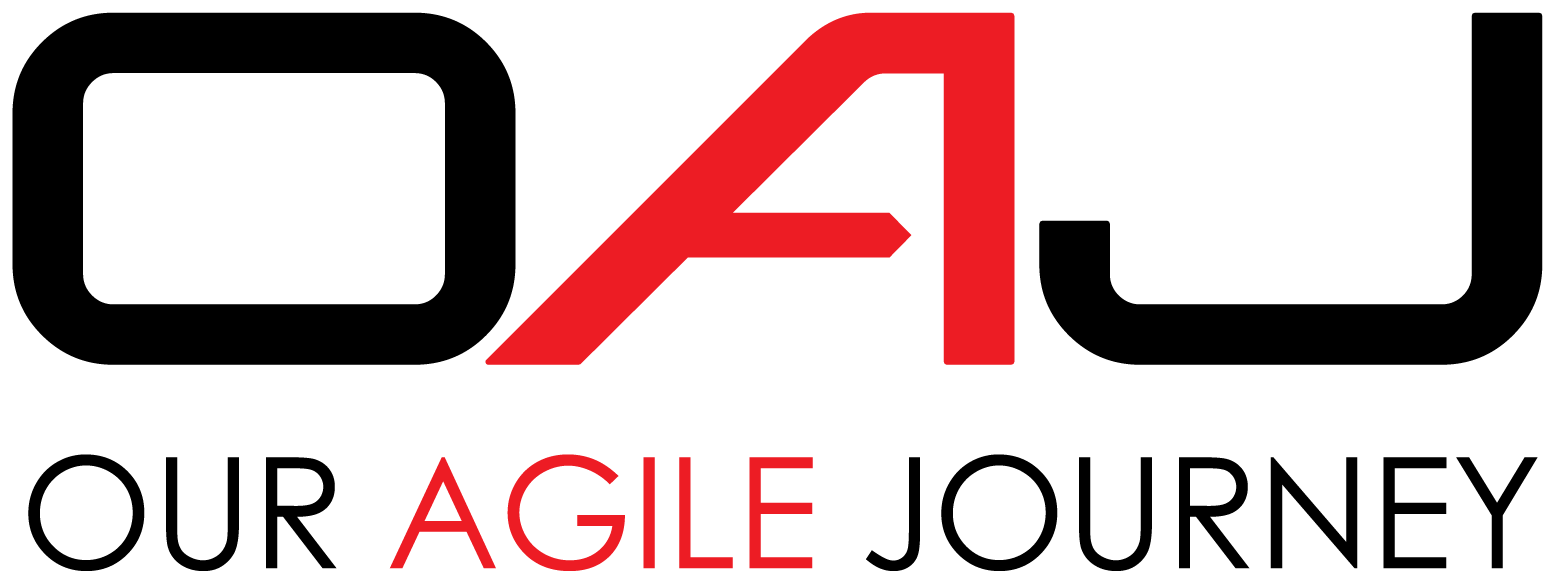PSM Versus CSM Revisited
Previously I talked about the differences between Certified Scrum Master and Professional Scrum Master. In that post I concluded that from a hiring stand-point they were functionally the same. The big difference comes for the person seeking the certification. One certification requires a class costing $1200 followed by a short, reportedly easy, test and the other requires a difficult test costing $100. Since the company just spent more than those totals combined to send me to PMI-ACP training followed by the exam fees I opted to self fund my certification. Lack of spare vacation days means I needed one that didn’t require 2 days of my time. As I ended that post I pointed out that my money is on the PSM.
In reality there is a little more difference than just the class and exam requirements for the person seeking a certification to consider. It may be surprising to some that the differences are not related to the level of knowledge needed for the first level of certification.
The primary thing to think about when pursuing any certification is what you are getting it for. Are you trying to learn a new skill? Are you trying to prove existing knowledge? Are you working on a specific certification track? Is it for a specific job or for your overall career? The early stage of the PSM/CSM discussion really plays into whether you are trying to gain new knowledge and skills or prove existing ones. The CSM requires a course and is great for someone who needs knowledge building in addition to letters after their name. A person who would benefit from letters after their name but already has the knowledge and skills would tend to the PSM. If a specific job requires one over the other there really is no choice and this post will not help you out much. Further up the track things do change a little.
The CSM and PSM have a lot of similarity in process when it comes to achieving trainer level certification. Both have a second level certification that must be met first. Both require years of experience as a scrum master. Both require in person interviews with their respective certification bodies. The real main difference appears to come after the fact. CSM trainers create their own curriculum while PSM trainers all use the same specific curriculum.
If you go back 5 years to when Scrum.org basically split from the Scrum Alliance there are political, personal, and value/direction differences that existed. I feel that those differences are not as stark today as they were then. I also feel there is little value in dwelling on things that caused a lot of tension at the time but are essentially historical at this point. It may be that your view is different. Perhaps you see what happened back then as a way to choose one organization over the other. In that case I suggest you spend time researching it on your own. It seems much of the tension was handled professionally and there is not a lot of information on the details of why things happened the way they did at this point.
Looking to the future the two certification bodies seem to be going slightly different directions. Scrum Alliance describes themselves as similar to the National Association of Realtors. There is a lot of detail fleshed out in their description of themselves. Scrum.org is a little more vague. My take away from the two “about” sections is that ScrumAlliance is focused on the Scrum community while Scrum.org is focused on Scrum itself. The feel is that ScrumAlliance is more interested in helping its members through market awareness of Scrum and the importance of certification. Scrum.org seems to be more interested in keeping the Scrum framework updated and relevant. It feels like in ten years ScrumAlliance would embrace a person using Scrum as defined in 1993 more readily than Scrum.org would. There is no evidence I can point to that proves this point. It is only a general sense I have that Scrum.org will likely be more legalistic in less tolerant of “classic scrum” or “scrum-but/scrum-and” than ScrumAlliance.
In the end I would posit that the discussion doesn’t much matter for level one certification regardless of who you are. For a Scrum Master pursuing a career culminating in being a Scrum Trainer and feeding back into the community the choice is something that should be addressed. For an Agilist I think the answer is different. I think an Agilist needs to go beyond Scrum. An Agilist needs to embrace both certification bodies and seriously consider pursuing both tracks as their career grows.
After reading the two articles on CSM and PSM what are your thoughts?




November 29, 2015 @ 7:05 am
After long and hard thinking about which certificate to pursue, I settled with PSM, becuase it sounded more merit based and there is no big spending on any training. I prepared thorough without any gap and cleared in first attempt. In addition to scrum guide I used the books software in 30 days and scrum narrative and psm exam guide.
Since you are comparing CSM vs PSM, i will provide the PSM highlights from the above book:
• It is administered by a company guided by Ken Schwaber, who is one of the founders of Scrum.
• This is the most meritorious certificate of all that certify Scrum. Other certifications – you can easily get by attending a class or a getting through an exam where failing could only happen by intention.
• The assessment requires good knowledge of original version of Scrum and its passing requirements are high (85%). Such stringent criteria to obtain the certification provides more teeth to its certificate, than the other similar certifications provided in the marketplace
• PSM does not require any mandatory training courses
• PSM assesses the knowledge on authentic Scrum without any new clout
• Its fee is nominal @ $150
• The assessment can be taken from anywhere with a computer and internet connection
• Once you acquire the certificate, you do not need to renew.